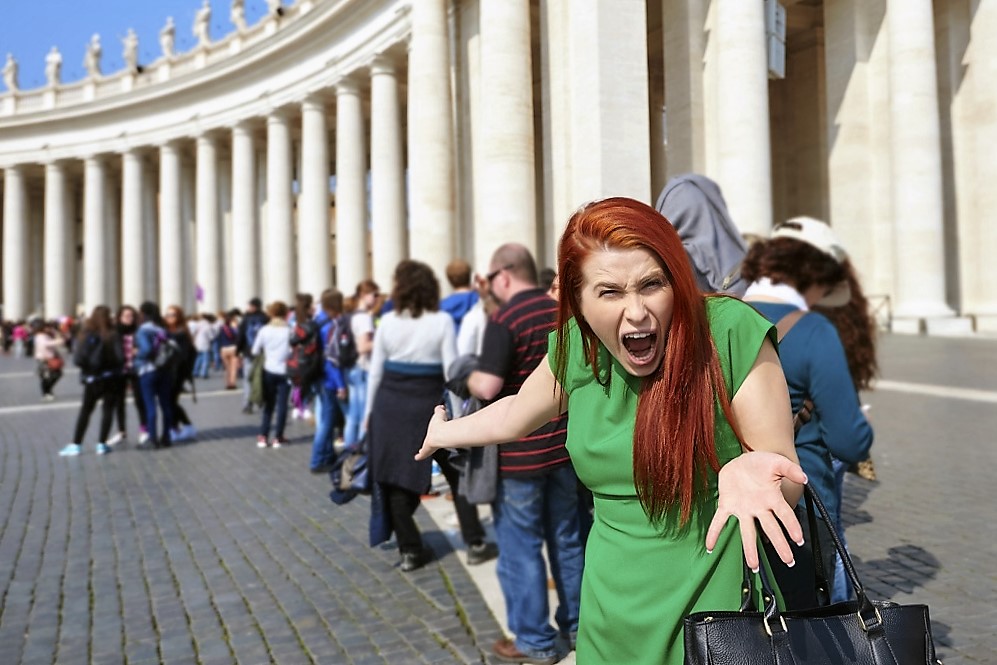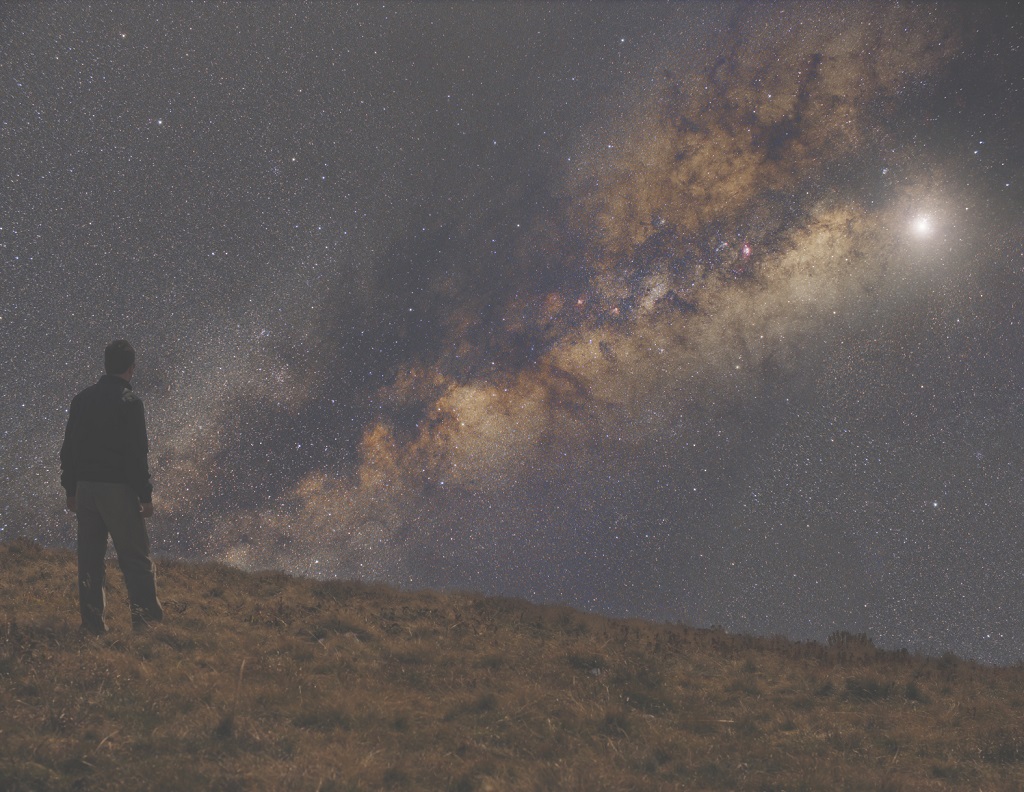But many who are first will be last, and the last will be first. (Mt. 19:30)
It is easy, sometimes, to make such sayings of Jesus into sentimental platitudes. We might think the “last” are the poor starving children in Africa or Asia our mothers told us about when we wasted food. Or maybe we think we are “last” because of the stack of bills next to us as we watch music and tv stars flaunt their wealth. We have a vision in our own minds of just who is “first” and who is “last.”
But our ways are not God’s ways. And turning Jesus’ teachings into fantasy is a risky business – for our souls. Madeleine Delbrêl (1904-1964) was a French author and poet. She tried to see people as God sees, and challenged others to do the same. She had this to say about the above quotes from the Gospel of Matthew:
The state of being characterized by the term “last” in this sense is not something that one creates for oneself. God allows it to happen to the person he wants to have it – it’s his business. Our job is to respect in our lives those elements that resemble it in some slight way.
It is useful sometimes to take a look at what we have in our repertoire that was first and foremost a gift from other people. It is good for us to acknowledge this constantly; it is also good to focus on those things we want at all costs to do alone and those things that we genuinely need but won’t ask for only because we don’t want to ask for them.
Delbrêl’s thoughts here are exactly what the Gospel should be doing in our lives: making us a bit uncomfortable. A pebble in our shoe or a burr in our pants – what’s poking me? Why am I feeling this sense of unease? Well, in Delbrêl’s understanding, we should be feeling uncomfortable. Why? Because we are doing what humans usually do (that pesky original sin!): thinking we know God’s mind.
Who among us hasn’t thought, “I certainly deserve better than I’m getting here!” or “That guy? He’s ahead of me?? I run circles around him!” We put ourselves above others, but then in some twisted way, think we are then at the end of the line. It’s rather like bragging, “I am far more humble than anyone else!”
If we are truly honest with ourselves – a real examination of conscience – we know that much of what we have is a gift. Perhaps it was a loan from someone at a critical time in our lives. Maybe it’s that Mom and Dad paid our college tuition. Many of us have mentors or spiritual directors that point us in the right direction when we could have easily taken an errant path. And yet, we want to take the credit.
At other times, we may find ourselves in need, but we are too proud to ask for help. It may be that we are buried at work, but we don’t want our boss to think that we are not up to the task. Maybe as a parent, we feel overwhelmed with the chores of everyday life, and we need a break, but we have a “supermom” complex. As Delbrêl says, we “won’t ask for [such help] because we don’t want to.”
But even more than that, we have to come to understand that everything we have – material, spiritual, physical – is a gift from God. If we are severely lacking spiritually, it is only because we have turned away from God. God gives us exactly what we need, if we are smart enough to accept it. Delbrêl again:
The Gospel words are meant to reach into the very roots of our corruption, the depths of which we cannot fathom insofar as we do not know the great heights at which our holiness lies. We should thus not be surprised at the sad interminable journeys, the deep upheavals that each of these words initiates within us. We shouldn’t try to hold back this sort of free-fall of the word into our depths. We need the passive courage that allows it to act within us – “Let it be done to me according to your Word.”
And when once a single one of these words has stolen into us, we need to know how to desire communion with all the others, even if this little book seems vast, and our life tiny, narrow, and incapable of bearing it. . .
Let the Word of God get under your skin a bit today. Let it irritate you a bit. In doing so, may God’s Word help us to see things a bit more as God sees them. Let us know what it truly means to be “first” and “last” in the Kingdom of God.


